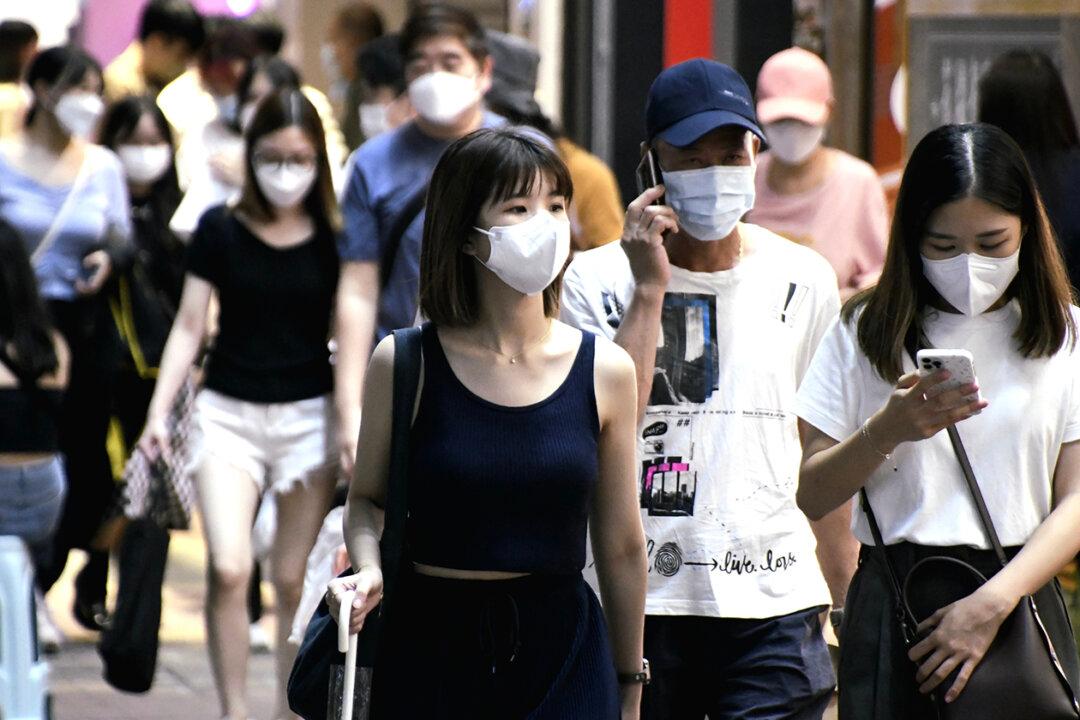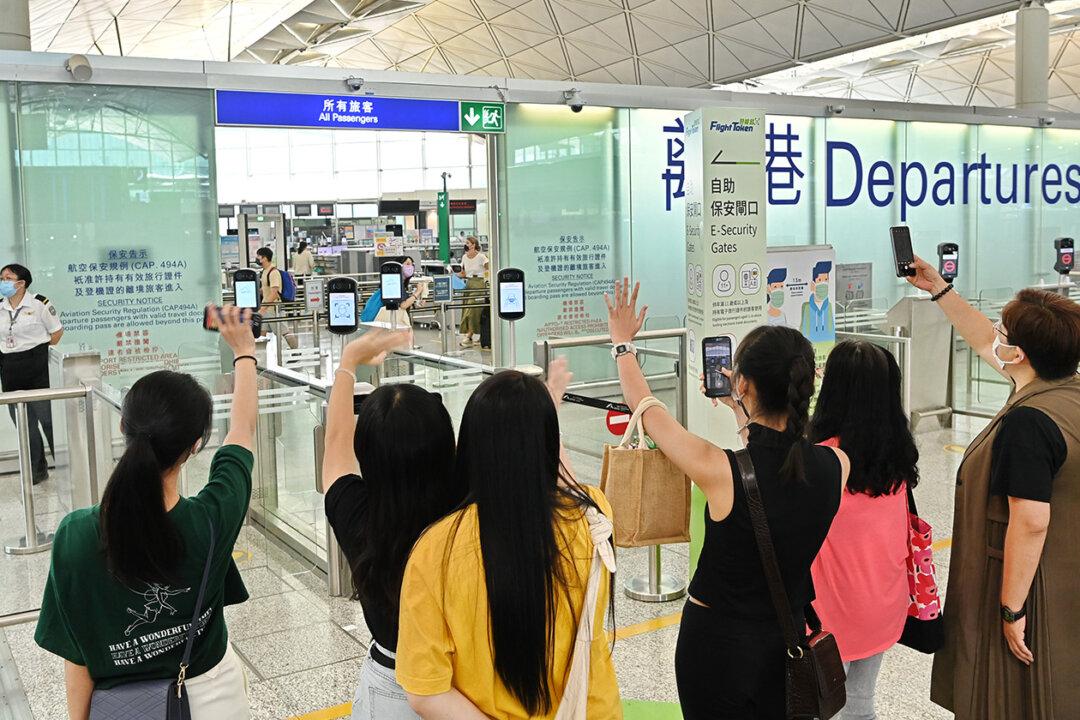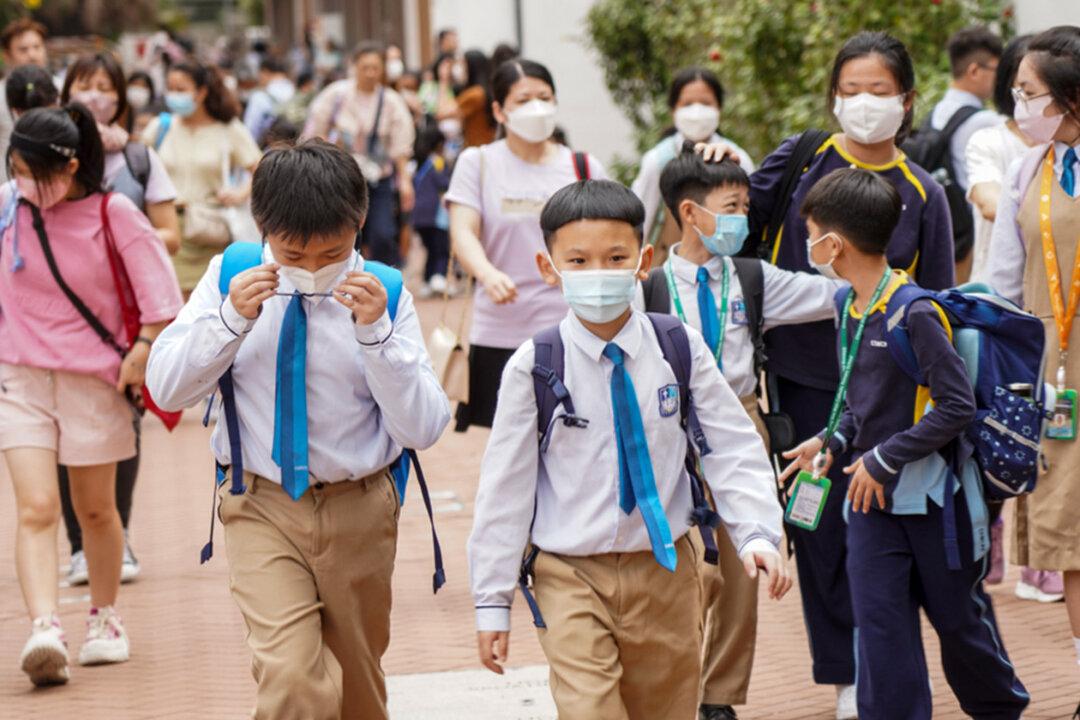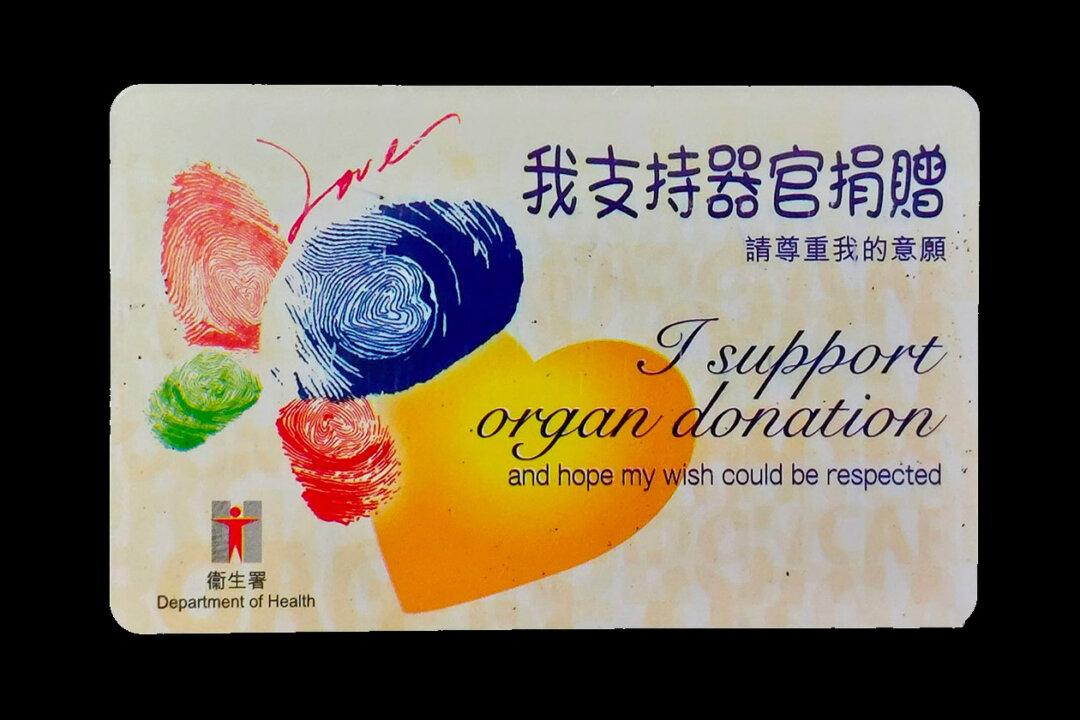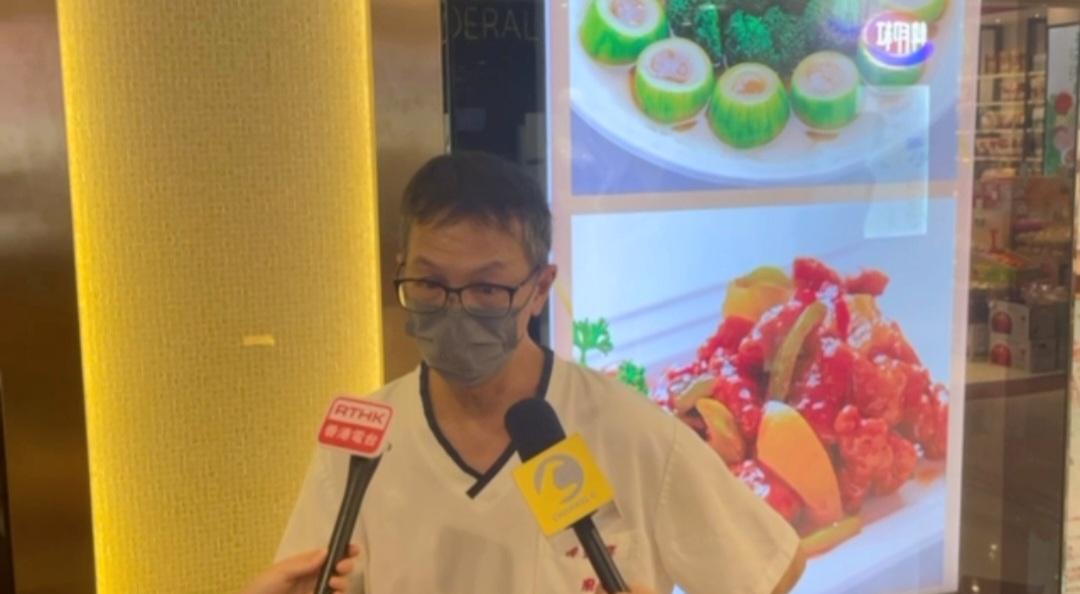Two surveys of Hongkonger happiness have been released in the last month. Market research consultants, Votee conducted a survey of seven Asia regions over the last year asking people for their happiness rating, and the Hong Kong Public Opinion Research Institute (HKPORI) undertook a poll in early November 2022 and released the results in December.
Votee Study
In its study, Votee Ltd. found that Hong Kong’s happiness index in the past year has been lagging behind neighboring regions. With a perfect score being ten, Hong Kong’s overall happiness index averaged only 5.6 and ranked last among its peers in the Asia-Pacific region. The Hong Kong index reached a low point of 5.33 in October 2022, but with the opening-up measures it improved to 6.11 in December.Votee’s survey was conducted from October 2021 to December 2022, totaling 17,975 samples. Hong Kong’s scores from November 2021 to April 2022 were sluggish, hovering around an average of 5.38. The index increased to 5.67 in May 2022 when social distancing measures were relaxed, but there was a steady decline until October 2022 when the index hit its lowest point of 5.33. When social distancing measures were about to be fully relaxed in November 2022, it reached the highest score at 6.12.
